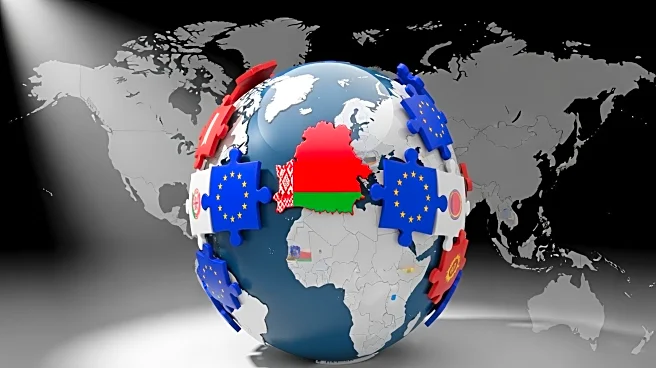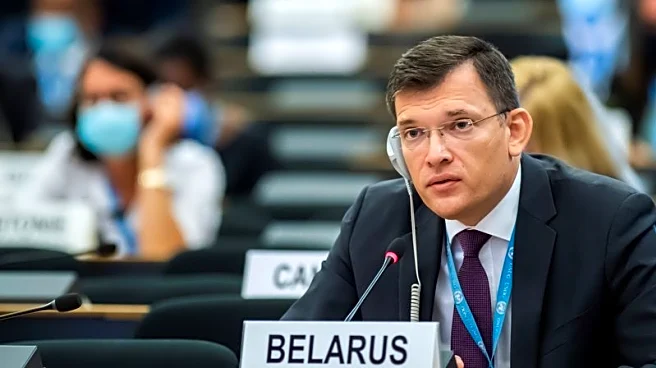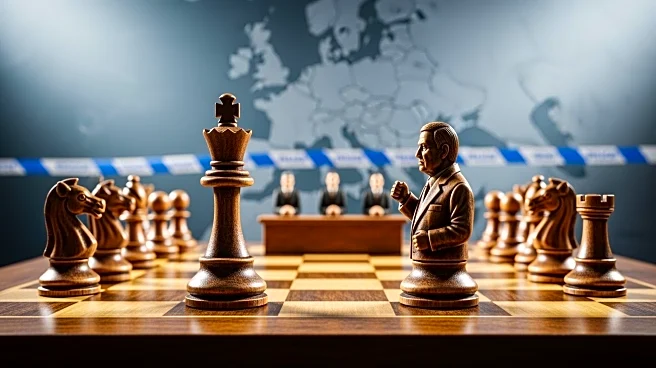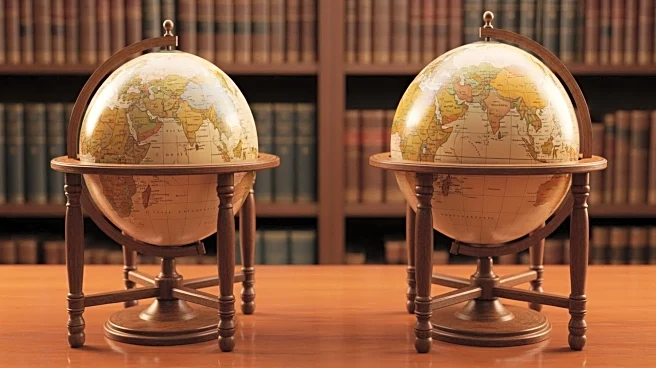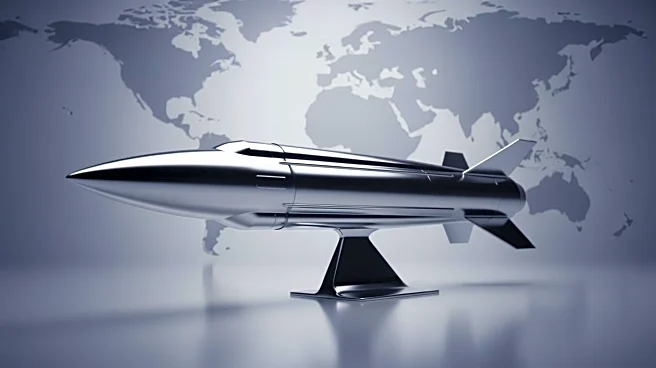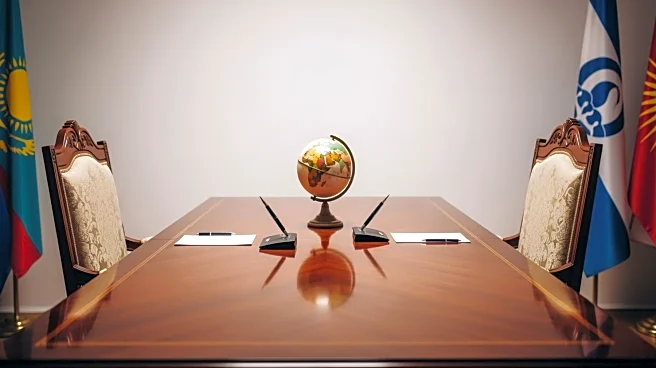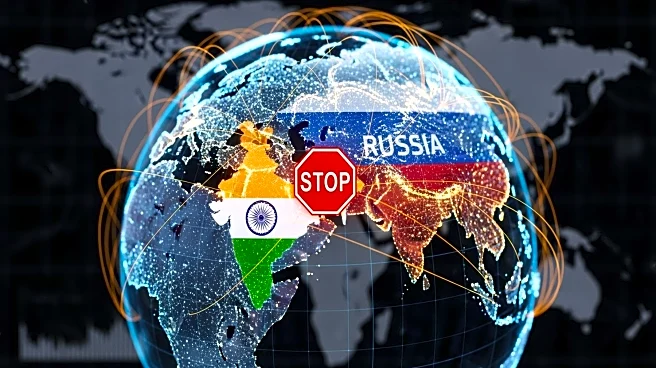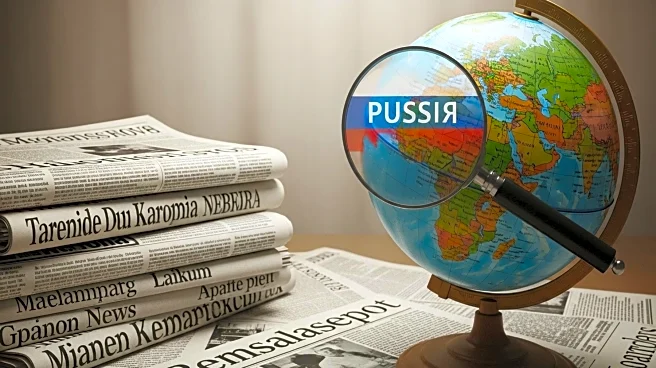What's Happening?
A senior Belarusian diplomat, Yuri Ambrazevich, has initiated meetings with European officials in an effort to break Belarus's diplomatic isolation, according to a report by Reuters. Ambrazevich, who is the
ambassador to the Vatican and a former deputy foreign minister, reached out to several EU diplomats, proposing Belarus's involvement in Russia-Ukraine peace efforts and European security discussions. The meetings took place in Paris on October 6, 8, and 9, with several countries accepting the invitation, although the exact number remains unclear. This diplomatic outreach comes as Belarus faces significant Western sanctions due to electoral fraud in the 2020 presidential election and its support for Russia's invasion of Ukraine.
Why It's Important?
The diplomatic efforts by Belarus signify a potential shift in its foreign policy, aiming to reduce its isolation and possibly influence the ongoing conflict between Russia and Ukraine. The renewed dialogue with the U.S., including the release of political prisoners and lifting sanctions on Belavia, indicates a strategic move by Belarus to improve relations with Western nations. This could impact the geopolitical landscape in Eastern Europe, as Belarus's involvement in peace efforts might alter the dynamics of the Russia-Ukraine conflict. The engagement with EU countries could also lead to changes in Belarus's economic and political ties, potentially easing the sanctions imposed by the West.
What's Next?
Belarus's diplomatic outreach may lead to further discussions with EU countries and the U.S., potentially resulting in a more active role in peace negotiations concerning the Russia-Ukraine conflict. The success of these efforts could depend on Belarus's willingness to distance itself from Russia's aggressive policies and demonstrate a commitment to international norms. The international community will likely monitor these developments closely, assessing Belarus's actions and their implications for regional stability and security.
Beyond the Headlines
Belarus's attempt to engage with EU countries highlights the complex interplay between diplomacy and geopolitical strategy. The country's historical ties with Russia and its current isolation pose challenges to its foreign policy ambitions. The ethical considerations of engaging with a regime accused of electoral fraud and human rights violations may influence the responses of EU nations. Long-term shifts in Belarus's diplomatic stance could redefine its role in Eastern Europe, impacting regional alliances and security frameworks.
